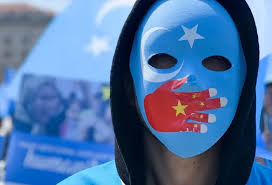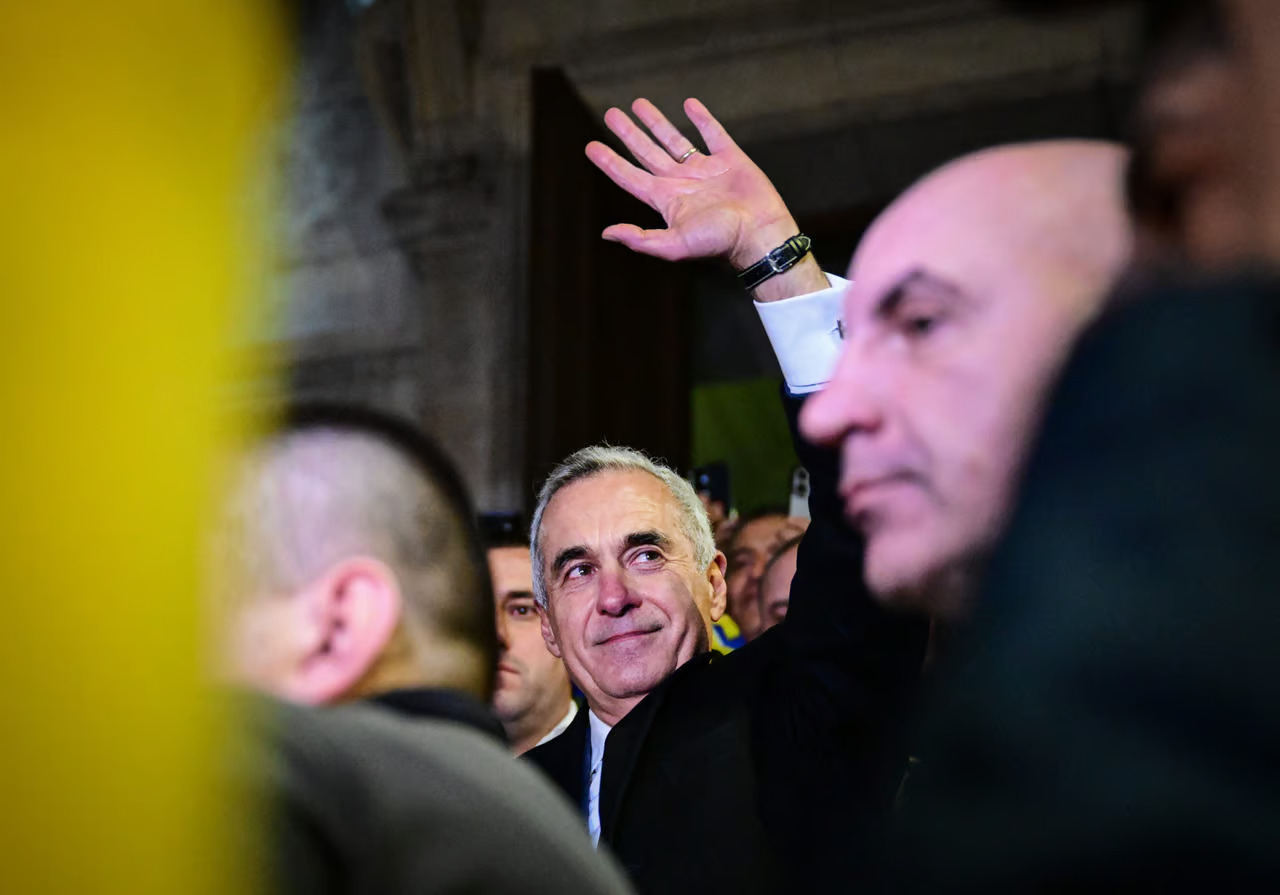China’s self-positioning as a global advocate for oppressed groups stands in stark contrast to its domestic human rights record, particularly the well-documented abuses against the Uyghur Muslim community. This glaring discrepancy has raised questions about global double standards in addressing human rights violations and the muted international response to China’s internal policies.
On the global stage, China has portrayed itself as a defender of developing nations and marginalized groups. Through its Belt and Road Initiative (BRI) and frequent support for non-Western nations in international forums, Beijing has sought to champion issues such as poverty alleviation and anti-colonialism. Chinese officials often criticize Western countries for their historical injustices and ongoing socio-political inequalities, framing China as a more ethical alternative in global governance.
However, this narrative is sharply undermined by China’s treatment of its own citizens, particularly the Uyghur Muslim population in the Xinjiang region. Reports from human rights organizations and international media have exposed widespread abuses, including mass detentions, forced labor, cultural erasure, and intrusive surveillance. The Chinese government maintains that these measures are part of counterterrorism efforts and economic development initiatives, but evidence suggests they constitute systemic oppression and violations of basic human rights.
Despite the scale and gravity of these abuses, international protests against China’s actions have been sporadic and limited. While Western nations like the U.S. and Canada have imposed sanctions and labeled the treatment of Uyghurs as genocide, much of the world, including major international organizations, has hesitated to confront Beijing. Economic dependencies, geopolitical alliances, and fear of retaliation have rendered many nations silent or muted in their criticism.
This lack of a unified global response underscores the double standards in human rights politics. While some nations face widespread condemnation and even intervention for far less egregious violations, China’s economic and political clout shields it from similar scrutiny. Countries with significant trade ties to China often avoid addressing its domestic policies, choosing instead to prioritize economic stability over human rights advocacy.
At the same time, China’s ability to control the narrative through its state-owned media and diplomatic outreach has minimized the global impact of human rights allegations. Beijing consistently denies wrongdoing, dismissing criticism as interference in its internal affairs. By leveraging its economic influence, it has also discouraged smaller nations from speaking out, further isolating voices of dissent.
The discrepancy between China’s domestic practices and its international rhetoric highlights a broader issue within global human rights politics: the selective application of moral standards. This inconsistency not only undermines efforts to protect vulnerable communities but also emboldens authoritarian regimes worldwide to act with impunity.
Addressing this issue requires a collective global effort to prioritize human rights over economic interests. Transparent investigations, coordinated sanctions, and unified diplomatic pressure are necessary steps to hold China accountable. Moreover, international organizations must overcome their political biases to ensure that human rights are universally protected, regardless of the violator’s power or influence.
Until such measures are taken, China’s dual narrative will continue to expose the fragility and hypocrisy of global human rights advocacy, leaving millions, like the Uyghur Muslims, to suffer in silence.



.jpg)

